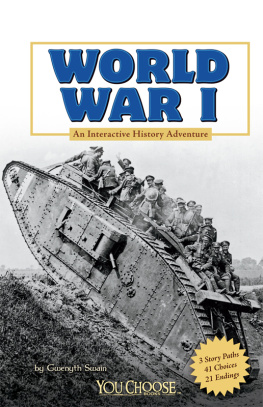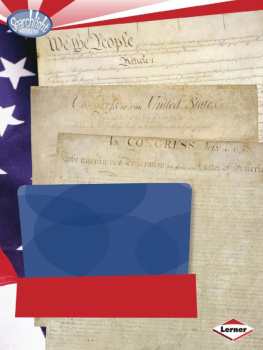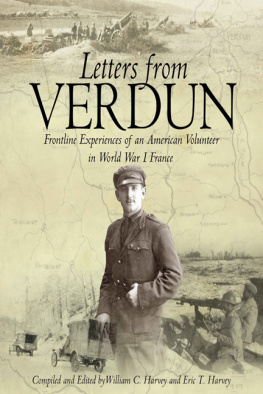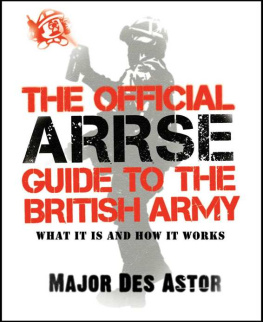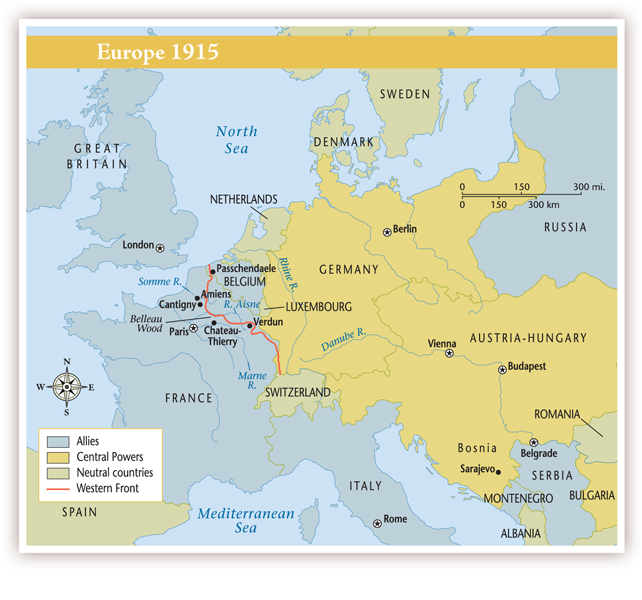You Choose Books are published by Capstone Press, 1710 Roe Crest Drive, North Mankato, Minnesota 56003.
www.capstonepub.com
Copyright 2012 by Capstone Press, a Capstone imprint.
All rights reserved. No part of this publication may be reproduced in whole or in part, or stored in a retrieval system, or transmitted in any form or by any means, electronic, mechanical, photocopying, recording, or otherwise, without written permission of the publisher. For information regarding permission, write to Capstone Press, 1710 Roe Crest Drive, North Mankato, Minnesota 56003.
Library of Congress Cataloging-in-Publication Data
Swain, Gwenyth, 1961
World War I: an interactive history adventure / by Gwenyth Swain.
p. cm. (You choose: history)
Includes bibliographical references and index.
ISBN 978-1-4296-6020-4 (library binding)
ISBN 978-1-4296-7997-8 (paperback)
ISBN 978-1-6206-5009-7 (e-book)
1. World War, 19141918Juvenile literature. I. Title. II. Title: World War One.
D522.7.S95 2012
940.3dc23 2011033624
Editorial Credits
Catherine Neitge, managing editor
Bobbie Nuytten, designer
Wanda Winch, media researcher
Laura Manthe, production specialist
Photo Credits
ABOUT YOUR
ADVENTURE
YOU are a young person coming of age as the world explodes in war. What will you do? How will you face the horrors of a worldwide conflict?
In this book youll explore how the choices people made meant the difference between life and death. The events youll experience happened to real people.
Chapter One sets the scene. Then you choose which path to read. Follow the links at the bottom of each page. After you finish one path, go back and read the others. Use your devices back buttons or page navigation to jump back to your last choice. Then try a different link for a new adventure.
YOU CHOOSE the path
you take through history.
CHAPTER 1
War in Europe!
It is the summer of 1914. War is brewing in Europe.
On June 28 Austria-Hungarian Archduke Franz Ferdinand and his wife, Sophie, are shot dead in the city of Sarajevo. Bosnian Serb Gavrilo Princip and several others are arrested for the crime. In July Austria-Hungary declares war on Serbia.
European countries quickly take sides. Germany and the Ottoman Empire join Austria-Hungary to form the Central Powers. France, Great Britain, and Russia form the Allied Powers.

Franz Ferdinand and his wife, Sophie, were shot and killed. He was heir to the throne of Austria-Hungary.
Most world leaders think the war will be over by Christmas. They are wrong. Dead wrong.
To protect their territory, soldiers across Europe dig trenches. From those trenches, they will fight a slow, deadly war. They will not only face the enemy. Soldiers will also struggle against bitter cold, summer heat, mud, rats, disease, and hunger.
From their trenches, soldiers go into battle. They wriggle through barbed wire, passing into the empty space of no mans land. This area lies between the Allied trenches and the Central Powers trenches. They crawl on their stomachs as they try to capture enemy trenches. They dodge grenades and falling shells. They watch for signs of deadly poison gas.
The war hasnt yet touched you. That could change at any moment. Then you must decide how to react and how to survive.
CHAPTER 2
Belgium in Danger
What does it mean? your friend Elise asks. Shes reading the newspaper headline: Germany Demands Passage!
The Germans want to fight the French, and Belgium is in between, you answer.
Belgium doesnt take sides. Were neutral, so we should be safe, Elise says, but she doesnt sound sure.

Belgiums cavalry marched through Brussels at the beginning of the war.
Well, we cant spend time worrying, you say. We need to fold these towels.
You both get to work. Its early August 1914. A few weeks ago, you started nursing training at the Clinique, a hospital in Brussels, Belgium. You are excited, but youre tired. The head of nursing, Edith Cavell, is a British woman who believes in hard work.
We cant be late getting these towels to Ward 3, you remind Elise. Remember what happened when we were late to breakfast our first day here?

Edith Cavell (seated) in 1915 with nurses she trained
How could I forget? Matron Cavell made us work two extra hours washing bedpans!
Ugh! you say, remembering the smell. Nothing could be worse than that.
But you are wrong. Things could be much worse. The five biggest nations in EuropeFrance, Great Britain, Russia, Austria-Hungary, and Germanywill soon be at war. Your home in Belgium is caught in the middle.
The German army wants passage through Belgium to invade France. Germans say Belgians wont be hurt if they go along. But can they be trusted? During an invasion, will you be safer in the city or in the Belgian countryside? And if Germans occupy your country, will you go along or resist?
On Tuesday, August 4, 1914, you wake early. Someone outside is yelling, Les Allemands! The Germans! You sink back into bed. Your country has just been invaded.
Elise rushes in. We should have gone home, she wails.
Were better off here, you say.
But Im scared, Elise says.

German infantry on the battlefield in August 1914
So am I, you admit. All we can do is work. Thats what Matron Cavell says.
You admire the nurse in charge of training at the Clinique. She is so confident and fearless. Matron Cavell and the hosptials founder, Dr. Antoine Depage, will treat everyone who comes to the Clinique. It doesnt matter if they are Belgian civilians or German soldiers.
By August 20, Germans control Brussels. The British have joined the war on the French side, forming the Allies. Soon the Allies are retreating westward. As the Germans push toward France, many Allied soldiers are caught behind the lines.
What if wounded Allied soldiers come here? Elise whispers.
I dont think the Germans will let us treat their enemies, even if we are a Red Cross hospital, you answer.
So what should we do? Elise asks.
I could ask Dr. Depages wife, Marie, you say. Or maybe Matron Cavell will have advice.
You want to be a nurse, but you worry about your brother, Stephan. He means well, but he gets into so much trouble.
By August 20, 1914, German soldiers occupy Brussels. The Belgian army fights back at Antwerp and Liege. But they are outnumbered. You decide at last to go home.
You join a flood of people leaving the city on foot. North of Brussels, you stop on a wooded hillside. You need to rest and eat. Suddenly you hear a voice.

